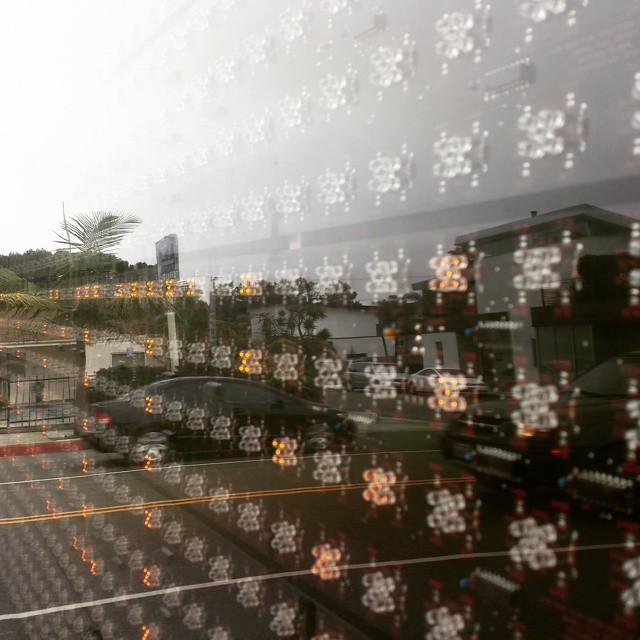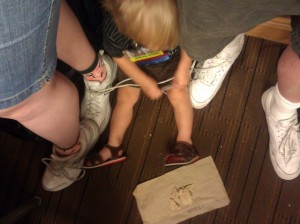 We’re both long-time fans and have been going to conventions for years. I grew up in a fannish family and my parents took me and my brother along to sci-fi/fantasy cons when we were younger. So when our son was born, we didn’t plan to stop going to Comic-Con.
We’re both long-time fans and have been going to conventions for years. I grew up in a fannish family and my parents took me and my brother along to sci-fi/fantasy cons when we were younger. So when our son was born, we didn’t plan to stop going to Comic-Con.
We did have to change our approach for him to get the most out of it.
Some cons have kids’ programming or kid-friendly activities, though most of what’s out there seems to be aimed at ages five and up. Some cons (such as SDCC) offer childcare, which is a great way to give the child something to do and set aside a block of time when both parents are free. The rest of the time there’ll be a lot of trading off who’s going to a panel and who’s got the kid.
TL;DR: For children under five, it seems to work best if you can leave them with someone for the first day (or several) and bring them on the final day. That gives you a chance to meet most of your goals and scout out things that your child might like. And it gives your child a chance to enjoy a slice of the con without overwhelming them. (Also, please do everyone a favor and use the smallest stroller you can. Cons are crowded, and some, like SDCC, ban oversized strollers on the main floor.)
Obviously, your child’s personality and interests are going to alter the balance, but here’s our experience so far.
Less than a year: Skip It!
We didn’t even think of bringing him to a con before he was one. Comic-Con became a one-day trip. We left the baby with relatives, took the train down to San Diego in the morning, and took the train back in the evening.
Of course, this only works if you’re within commuting distance of a convention. We skipped WonderCon’s final year in San Francisco, since it would have been an eight-hour car trip.
Smaller cons might not be so bad at this age if you time things right. I remember a couple with a very small baby who was sleeping through Long Beach Comic-Con. Still, if your kiddo is too small to have gotten critical immunizations (do they even have a shot for the Con Crud?), large crowds anywhere are probably a bad idea.
One to Two Years: Learning Experience
WonderCon’s first year in Anaheim was our first experiment as geek parents at a con. At 14 months, he didn’t have much sense of what was going on, but he loved exploring. We only brought him on Sunday afternoon, and he spent most of the time riding in the stroller except when I found an out-of-the-way spot for him to run around.
Strollers make crowd weaving a lot more difficult, but it didn’t really sink in until Comic-Con. People in crowds don’t see them. They see an empty space and try to walk through it. I can only imagine what it must be like for people in wheelchairs.
Four months at that age is a huge difference, and WonderCon went well enough that we brought him to SDCC. Not the whole time, though. The two of us went Thursday and Friday while he spent the first day with one set of grandparents and the next day with the other. Next a family trip to the zoo, and finally we brought him to the con on Sunday for Kids’ Day. (The balance was good, but the daily commute to San Diego was exhausting, which is part of why we haven’t tried this again.)
That’s how we discovered that SDCC’s Kids’ Day programming is mostly for children around 5 years old and up. We took him around the floor and showed him things we’d seen, and again found an area upstairs where he could run around, but mostly he just fell asleep in the stroller. I think he was overwhelmed. Like everyone else at the con.
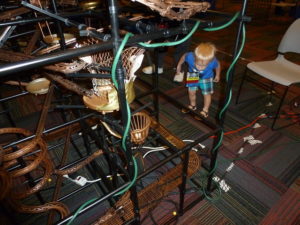 A couple of months later, we brought him to WorldCon in Chicago. That was a totally different experience, because we were all out of town together for a week including sightseeing. A WorldCon is mostly about the events, not so much about the dealers or display floor (though he was fascinated by the Chaos Machine), so we did a lot of trading off and exploring the hotel and nearby parks. In one case we split a panel, one of us reading with him in the hall and the other in the room, switching halfway through.
A couple of months later, we brought him to WorldCon in Chicago. That was a totally different experience, because we were all out of town together for a week including sightseeing. A WorldCon is mostly about the events, not so much about the dealers or display floor (though he was fascinated by the Chaos Machine), so we did a lot of trading off and exploring the hotel and nearby parks. In one case we split a panel, one of us reading with him in the hall and the other in the room, switching halfway through.
We did bring him to one panel that we both wanted to attend. It was a humor panel, and we stood in the back while he sat at our feet playing with everything from the bagel we’d bought for him to the contents of his mom’s purse to our shoelaces.
Two to Three Years
SDCC has a childcare service for both attendees and exhibitors. You can pay hourly, ahead of time or as you arrive, though they recommend reserving ahead of time so that they know how much staff they need.
For two days at Comic-Con 2013, we brought our son with us in the morning and put him in two hours of childcare during the afternoon. It worked out pretty well for everyone’s attention span and gave us a two-hour block in which we were both free to do whatever we wanted. (Well, mostly.) Then Saturday morning we wandered the outdoor exhibits before going home.
The LEGO booth is a great place to bring kids if they’ve run out of attention span for anything else, though you might have trouble dragging them away for things like, you know, lunch.
Three to Four Years
Wondercon didn’t work out so well the spring he was three. A bit more rambunctious, but still not interested enough in what else was going on at the convention. To make matters worse, we had to reverse our usual plan and bring him on Saturday instead of Sunday, which meant we had full access on the shortest, lightest day of the con and had to wrangle kid duty on the busiest, longest day.
I ended up spending most of my time on Saturday finding things for him to do. The R2-D2 maker’s booth fascinated him, and I bought him some toys, and we did lots of exploring around the convention center.
Comic-Con worked out better, though. We were able to find more stuff that interested him at the con. LEGO of course, and there was at least one publisher (Oni?) that had a kids corner at their booth. He was able to spend a longer part of the afternoon playing at the child care, and the events that interested us turned out to be spread out enough that neither of us ended up being exclusive guardian for most of a day.
Four Years and Up – Cosplay!
Now that he’s four, we’ve turned a corner. He doesn’t need the stroller anymore, which helps a lot with mobility. Since he’s already walking most of the time, we don’t need to set aside extra time to let him run around and stretch his legs. (Not to say that he never ran off…)
More importantly, he can appreciate exhibits and stuff now, so at this year’s WonderCon the toys, costumes and displays were interesting instead of background noise. Impulse control is still an issue, but he enjoyed checking out random stuff and we kept him from breaking anything. Some of the kids’ activities, like drawing, appeal to him now.
And then there’s cosplay. He wanted to be Spider-Elsa for the previous Halloween, so we stitched together pieces of a Spider-Man costume with aqua fabric and attached the mask to an Elsa wig. The costume still fit in April, and not only did he wear it like a cosplay pro, but the icy wall-crawler was a big hit. We’d explained the concept of a secret identity, and he happily made sure his mask was in place when people asked for photos. He was still going strong when chocolate ice cream forced us to break out the backup costume: a yellow shirt with blue overalls.
We still only brought him on the last day of WonderCon, but he loved the experience this year–and he got a lot of great material for show and tell!
Check out our full list of Tips for Comic-Con at Speed Force.
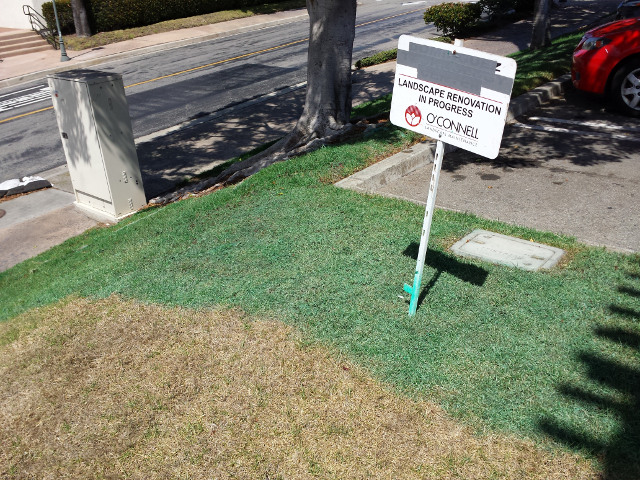
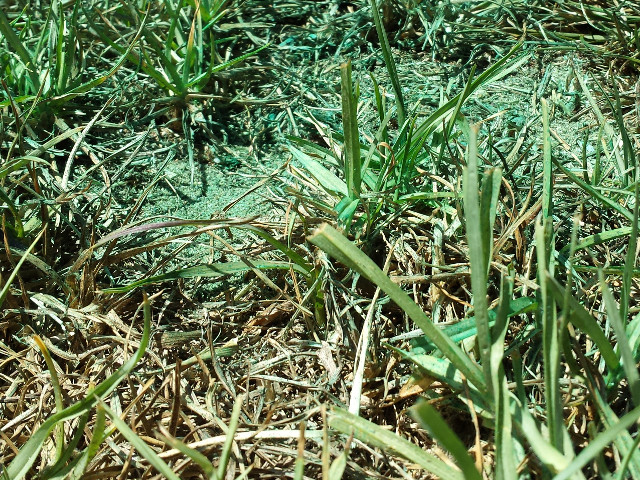
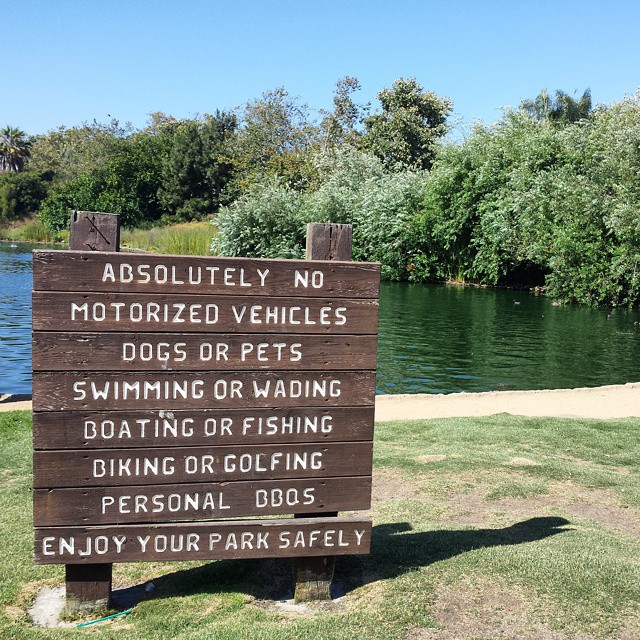
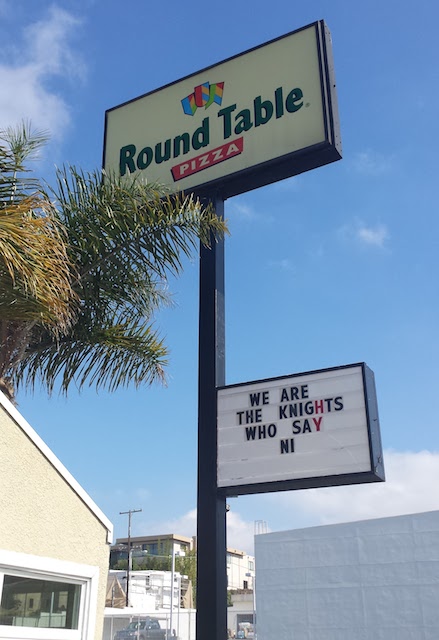
 We’re both long-time fans and have been going to conventions for years. I grew up in a fannish family and my parents took me and my brother along to sci-fi/fantasy cons when we were younger. So when our son was born, we didn’t plan to stop going to Comic-Con.
We’re both long-time fans and have been going to conventions for years. I grew up in a fannish family and my parents took me and my brother along to sci-fi/fantasy cons when we were younger. So when our son was born, we didn’t plan to stop going to Comic-Con.

